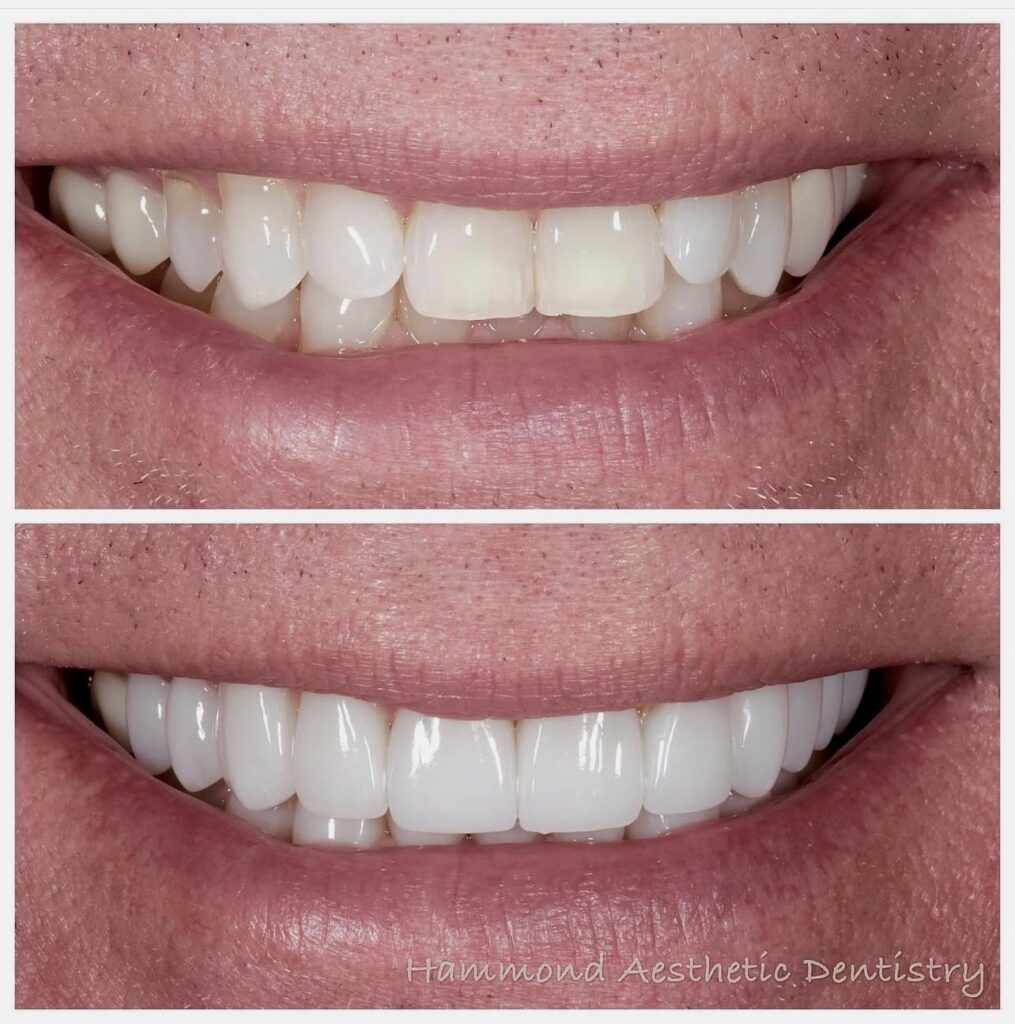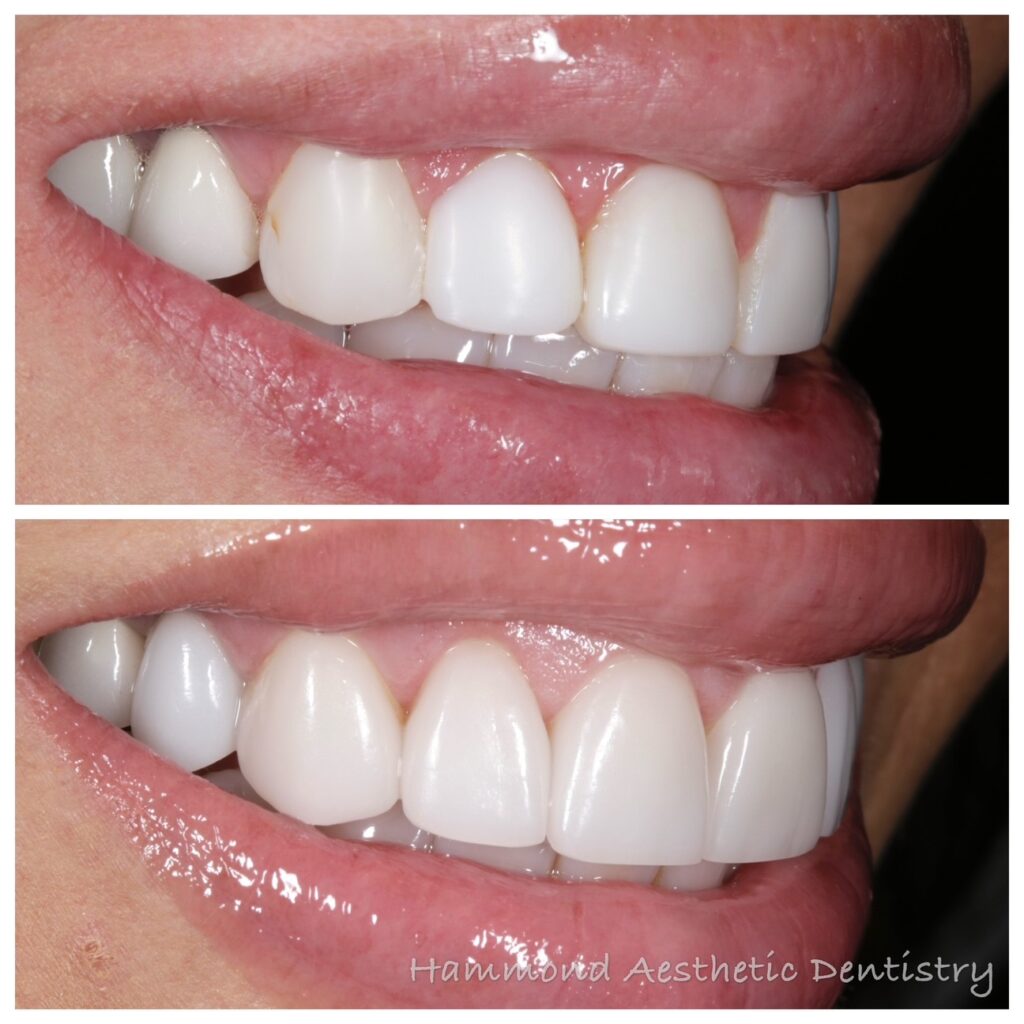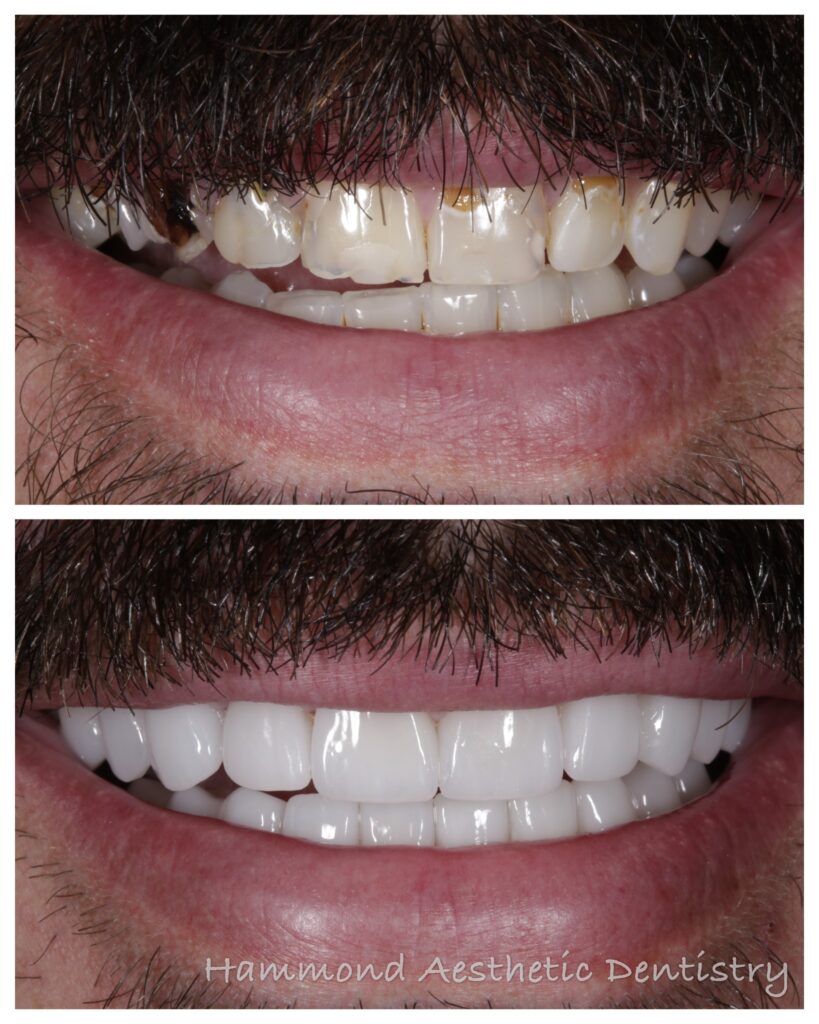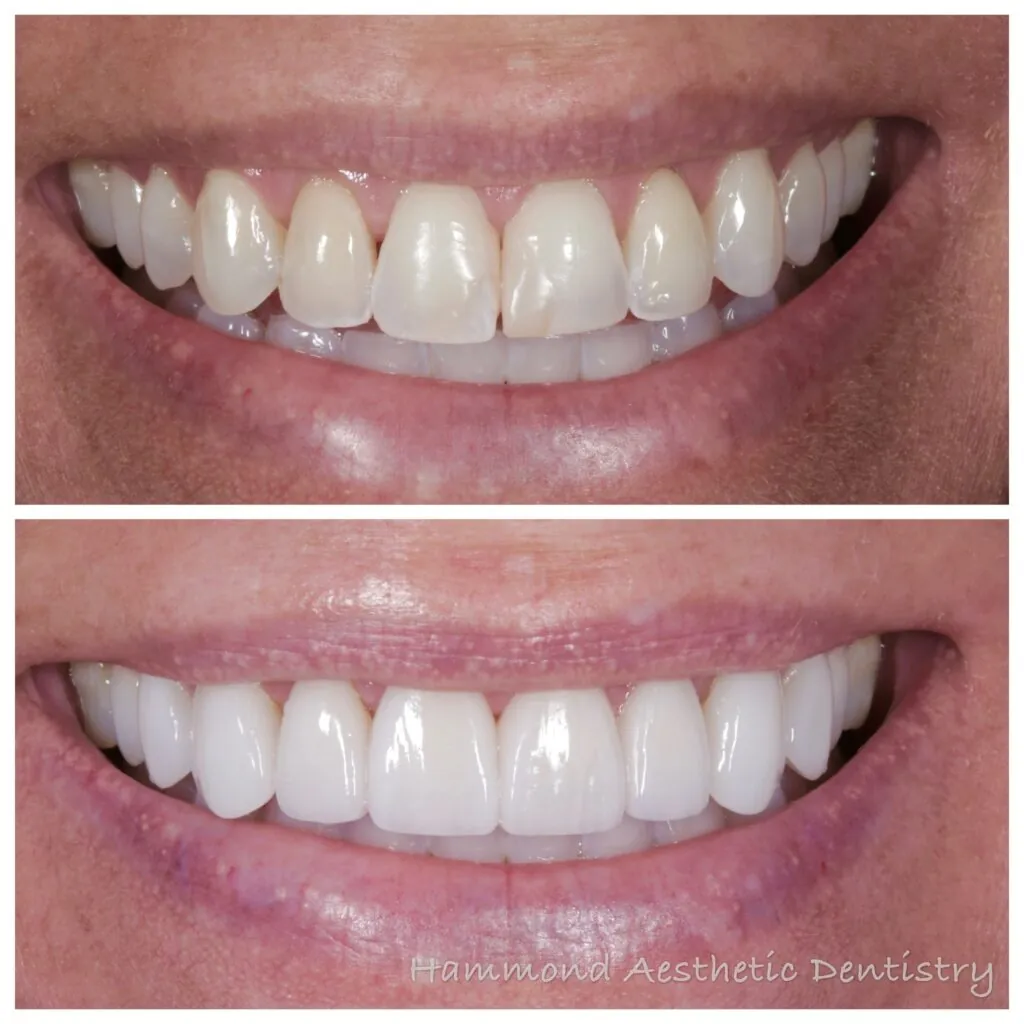If you’ve been running back and forth to the pediatrician’s office because of your baby’s ear infections, you may find some relief in a new study that just found an association between pacifier use and acute middle ear infections, reports the Academy of General Dentistry, an organization of general dentists dedicated to continuing education.
Investigators studied 200 children who were 12 months of age or younger. They found that 36 percent of the pacifier users had ear infections, compared with 23 percent of the non-pacifier users.
Otitis media, the scientific term for acute middle ear infections, often develops when viruses from an infection of the nose and throat travel along the eustachian, or auditory, tube to the middle ear. It’s a common problem, one that affects up to 62 percent of children by the time they reach their first birthday.
“Continuous sucking on a pacifier can cause the auditory tubes to become abnormally open, which allows secretions from the throat to seep into the middle ear,” explains Maria Smith, DDS, spokesperson for the Academy of General Dentistry. “Transmission of bacteria in secretions would lead to middle ear infections.”
Getting the baby to drop the pacifier, however, may not be so easy. Pacifiers date back to at least the 15th century, when mothers found that the sucking device helped quiet their crying babies. Since then, it has been confirmed that sucking is part of fetal and neonatal child development. Even after the baby is born, the baby has a strong, instinctual urge to suck for the first six months of life. After that period, according to researchers, the use of the pacifier is habit-forming.
“It may be best to consider restricting the pacifier to be used only for the baby’s first 10 months,” says Dr. Smith. “The pacifier comes in contact with many microorganisms and may be a vehicle through which the unsanitary bacteria and viruses enter the child’s oral cavity.”
The bottom line is that if your child is continuously battling middle ear infections, you may have an alternative to surgery or antibiotics to stop this problem, says Dr. Smith, which would be to remove the pacifier.





